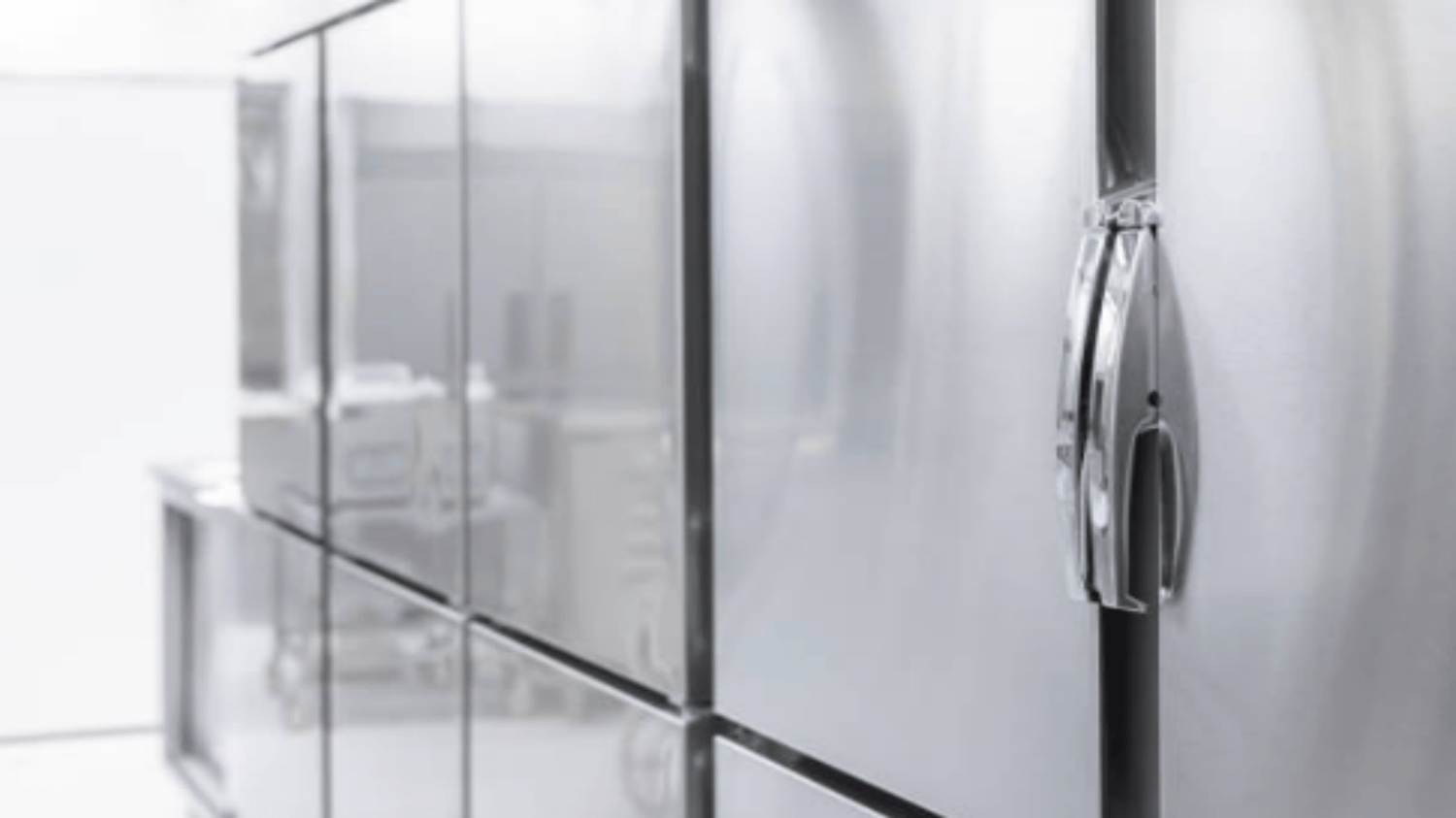Why is my fridge door not closing properly? - Troubleshooting Guide
Is your fridge door not closing properly? A properly sealed fridge door is essential for maintaining the freshness and longevity of your food. If you're experiencing issues with your fridge door not closing properly, it's important to address the problem promptly to avoid potential food spoilage and energy wastage. In this informative article, we will explore various reasons why your fridge door may not be closing properly and provide troubleshooting tips to help you fix the issue.
1. The Fridge is Not Level
One common reason why your fridge door may not be closing properly is that the appliance is not level. When a fridge is not level, the door may not align correctly with the seal, resulting in gaps or a loose fit. To fix this issue, use a level tool to check if your fridge is sitting level. If not, adjust the legs or feet of the fridge until it is level, ensuring that the door aligns properly with the seal.
2. Dirty or Damaged Door Seal
A dirty or damaged door seal, also known as a gasket, can prevent the fridge door from closing properly. Over time, the door seal may accumulate dirt, grime, or mold, causing it to lose its elasticity and effectiveness. Inspect the door seal for any signs of wear, tears, or damage. If it appears dirty, clean it with warm, soapy water and a soft cloth. If the seal is damaged, it may need to be replaced. Contact your fridge manufacturer or a professional appliance repair service for assistance.
3. Obstructions in the Door Path
Check for any obstructions in the path of the fridge door that may be preventing it from closing properly. Common obstructions include food items, shelves, or trays that are protruding or improperly positioned. Rearrange the contents of your fridge to ensure that nothing is blocking the door from closing fully. Additionally, make sure that the door shelves and trays are inserted correctly and not interfering with the door's movement.
4. Overpacked Fridge
If your fridge is consistently overpacked, it may put excessive pressure on the door, causing it to not close properly. Take some time to declutter and organize your fridge. Remove any expired or unneeded items and rearrange the remaining contents to create sufficient space. Keeping your fridge well-organized not only helps with door closure but also allows for better air circulation, ensuring optimal cooling and freshness of your food.
5. Warped or Misaligned Door
A warped or misaligned fridge door can also lead to improper closure. Over time, doors can become warped due to temperature fluctuations or accidental damage. Inspect the door for any visible signs of warping or misalignment. If the door is only slightly misaligned, you may be able to adjust it by loosening the screws that hold the hinges and gently realigning the door. However, if the door is severely warped or misaligned, it may require professional repair or replacement.
6. Refrigerator Temperature Settings
In some cases, the temperature settings of your refrigerator can affect the door's ability to close properly. If the fridge is set at a very low temperature, it may create excess frost or ice buildup, causing the door to stick or not close tightly. Check the temperature settings and adjust them if necessary, following the manufacturer's guidelines. Additionally, regularly defrosting your fridge can help prevent ice buildup and ensure proper door closure.
7. Faulty Door Hinges
Faulty or worn-out door hinges can also contribute to a fridge door not closing properly. Over time, hinges can become loose or damaged, preventing the door from aligning correctly with the seal. Inspect the hinges for any signs of wear, corrosion, or looseness. Tighten any loose screws, lubricate the hinges if necessary, or replace them if they are severely damaged. Consult your fridge's user manual or contact the manufacturer for specific instructions.
8. Weak Door Closing Mechanism
Some refrigerators are equipped with a door closing mechanism that ensures a tight seal when the door is closed. If this mechanism is weak or malfunctioning, it can result in a fridge door that does not close properly. Refer to your fridge's user manual to identify if your appliance has a door closing mechanism. If it does, check for any visible signs of damage or malfunction. Contact the manufacturer or a professional repair service to address the issue.
9. Excessive Weight on the Door
Placing excessive weight on the fridge door, such as heavy items or magnets, can affect its ability to close properly. Remove any unnecessary weight from the door, including magnets, decorations, or heavy items stored on the door shelves. By reducing the load on the door, you can help ensure that it can close tightly and maintain a proper seal.
10. Aging Fridge
Lastly, if you've tried all the troubleshooting steps and your fridge door still does not close properly, it may be a sign of an aging appliance. Over time, the components of a fridge can wear out, including the door seal, hinges, or closing mechanism. If your fridge is reaching the end of its lifespan, it may be time to consider replacing it with a new, more energy-efficient model. Consult with appliance professionals to explore your options and find the best refrigerator for your needs.
In conclusion, a fridge door that does not close properly can lead to various issues, including food spoilage and energy wastage. By following the troubleshooting tips mentioned in this article, you can identify and address the underlying causes of the problem. Remember to regularly clean and maintain your fridge to ensure its optimal performance and longevity. If you're unsure or uncomfortable with any repairs, it's always recommended to seek professional assistance to avoid further damage to your appliance.

